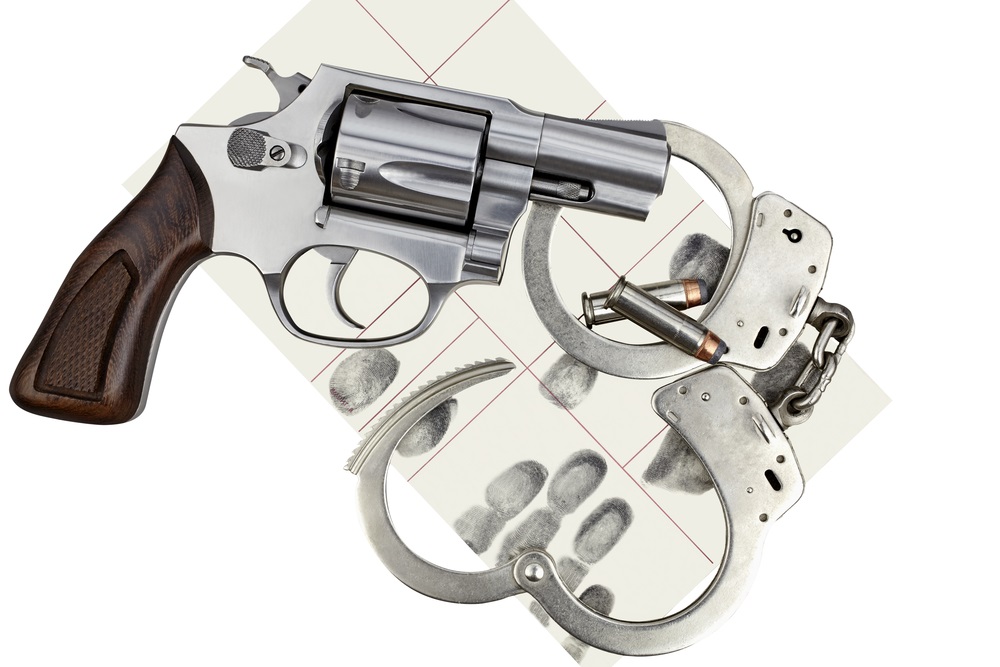Not long after a shooter killed five people at an Aurora, Ill., warehouse, Johns Hopkins released a report listing ways Illinois could curb gun deaths.
Two of the recommended laws could potentially have prevented the Aurora deaths on Feb. 15.

Johns Hopkins
Alexander McCourt
“Fingerprinting … could have helped prevent the shooter from qualifying for an Illinois firearms license,” said Alexander McCourt, a co-author of the report and assistant scientist at the Johns Hopkins Center for Gun Policy and Research.
And if the state had had a policy of seizing guns from owners whose licenses have been revoked, the shooter’s gun would have been seized, McCourt said.
The Aurora shooter, Gary Martin, had lost his gun purchase license after a past felony conviction was discovered but he still had a gun.
“Nobody followed up with him to make sure he got rid of his guns,” McCourt said.
“There were gaps in the system and this person was able to obtain a firearm he shouldn’t have had,” report co-author Cassandra Crifasi told the Chicago Tribune. She is deputy director of the Johns Hopkins center.
10 ways to strengthen Illinois laws
The report recommends 10 changes in Illinois law. It was commissioned last fall by the Joyce Foundation, produced by the Center for Gun Policy and Research, and released Feb. 19.
Illinois has relatively strong firearms laws, McCourt said. It’s among nine states that require licensing in order to buy firearms. But among the nine states, it lags behind, he said.
It does have a new “red flag” law that took effect Jan. 1 allowing families or police to ask a court to remove guns from someone who is showing violent, suicidal or threatening behavior. This law should be vigorously implemented by police, the report said.
Additional recommendations are to:
- require private gun sellers to verify a gun buyer’s license,
- require state police to run a background check when verifying a license at time of private gun purchase,
- prohibit gun purchase for the length of a domestic violence restraining order or at least two years,
- deny permits to people with multiple alcohol offenses,
- give police discretion to deny permits when a buyer appears legal but dangerous,
- ban the sale of assault weapons and large-capacity magazines,
- fund outreach, conflict mediation, and behavioral interventions on the local level.
Setting a two-year gun prohibition for people who have a domestic violence restraining order against them can be important, McCourt said.
“There is a strong link between domestic abuse and future acts of violence,” he said. “It’s a fairly strong predictor.”
Links to domestic abuse, alcohol
Women in physically abusive relationships are five times more likely to be killed when the abusive partner owns a weapon, according to research published in 2003 in the American Journal of Public Health.
McCourt also noted a link between alcohol convictions and violence. Men who have prior alcohol-related offenses have four to five times a greater risk for crimes involving guns or violences, based on a study in 2018 published in Injury Prevention.
The recommendation to fund community-based interventions comes from evidence that local conflict resolution programs can be very effective, McCourt said. The report cites programs such as Chicago’s Cure Violence and Rapid Employment and Development Initiative.
The report was commissioned in November not long after three people were shot and killed at Chicago’s Mercy Hospital in November. A doctor, pharmacist and police officer were killed by the doctor’s ex-fiancee, whom she had recently broken up with.
































